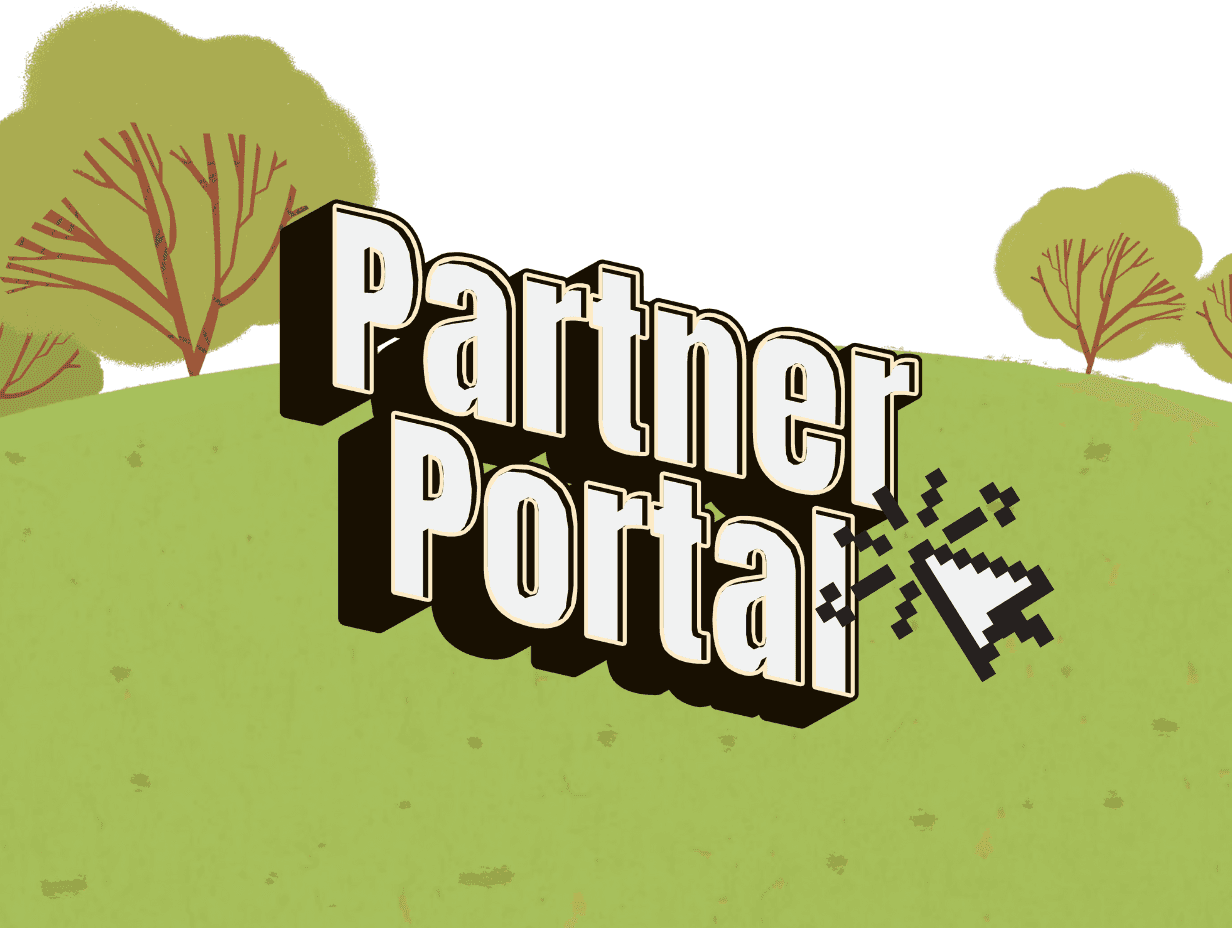Pre-Production
What is a Line Producer and What Does a Line Producer Do?
What better way to explain a key position in filmmaking than with a movie quote? There is a memorable line in the forgettable feature film Danny Roane: First Time Director: "Is a line producer important to a film? I don’t know - let me ask you a question. Are your feet important to you walking?”
When something is integral, it is often invisible. When you run a race you don’t question if your legs will move fast, you expect all the training you’ve put in will pay off as you cross the finish line. For a line producer, that training is planning. If a line producer does their job well, that means every aspect of production, from pre-production to delivery, was budgeted correctly and executed flawlessly.
In other words, line producers are the lifeblood of the production management team and are directly responsible for managing the financial and logistic aspects of a film production.
What is a Line Producer? Our Line Producer Definition
The line producer role is responsible for generating and continuously reviewing the budget line-by-line. They oversee all film or TV operations and logistics, from pre-production to delivery. Depending on the project, a line producer is sometimes combined with the production manager or production supervisor.
What is a Line Producer in Film?
The line producer is hired early in pre-production by the executive producer (the person who raises money for the production) and the producer (who manages the production and oversees creative decisions). The line producer’s work includes creating and managing the budget, and overseeing operations of the entire filmmaking process through post-production.
What is a Line Producer in TV?
A line producer in television is hired by a production company and is responsible for generating budgets & schedules for a series production before pitching to a network. In the process, they can manage the property from the early stages of development, through pilot production and into series production.
What Does a Line Producer Do?
It is often wondered, “What does a producer do”? Contributions can consist of fundraising, sourcing talent and resources, and engaging creatively with the filmmaker. Line producers have more actionable duties, such as mining the material to create the budget, hiring key personnel, securing equipment, all to ensure the artistic vision is realized.
While the bulk of a line producer's responsibilities take place during pre-production, the job of a line producer does not end until the picture is wrapped and distributed.
What Does a Line Producer Do During Pre-Production
After the screenwriter has delivered the final draft, producers look for financing options. A line producer would be brought in at this point to evaluate the script and prepare a preliminary budget. The line producer breaks down the script page-by-page to create a rough shooting schedule. These include the number of days, locations, cast, any special considerations such as complex VFX, and overall below-the-line costs such as crew salaries, equipment, catering, and craft budgets. The producers will use this preliminary budget to raise funds for the film.
Following the film's funding, it enters the official pre-production phase.
Key Responsibilities:
Set up the company: During pre-production, a line producer's first task is to create an LLC or S-Corp, as well as a bank account, a physical office, a phone line, and email addresses.
Script Breakdown: The line producer breaks down the script again, this time with the first assistant director. Detailed daily production schedules and call sheets are created by the line producer and assistant director by reviewing every page.
Finalize the budget: Once the budget is finalized, each aspect of the production is assigned an exact number as opposed to the projected preliminary cost estimated during development.
Hire the team: The line producer is responsible for hiring a variety of key production crew members, each of whom will report to the line producer.
Production Manager or Unit Production Manager: While the Line Producer creates the budget, the UPM executes it.
Production Coordinator: Primarily works out of the production office and coordinates all logistics involved with the cast, crew, and equipment. They also manage the production assistants.
Casting Director: They consult with the Line Producer on keeping talent costs within budget.
1st Assistant Director (AD): Works with the Line Producer to break down the script and create the schedule.
Heads of Departments: The line producer also hires and oversees every department head, which includes
Director of Photography (DP)
Production Designer
Location Manager
Production Sound Mixer
Find locations: Working with the location manager, the line producer would be integrally involved in location scouting, and making sure logistical issues such as parking and power are adequate and within budget.
Secure equipment: The line producer gets equipment for the film based on requests from each department head. It is the line producer’s job to keep costs down with equipment vendors and rental agencies through negotiation.
Line Producer Responsibilities During Production
As production gets underway, the line producer's responsibilities become more project management oriented. They're primarily concerned with ensuring production runs smoothly, on time, and within budget. Pre-production is a flurry of activity, but production is when all the planning comes to fruition.
Key Responsibilities:
Daily department head meetings: Every day the line producer coordinates with all department heads. If there are any problems in the department, the line producer helps to resolve them within the production budget.
Accountability for payroll: The line producer coordinates with the production accountant to make sure everyone involved with the production gets paid on time. This is crucial as film unions may shut down a production if there is an issue with compensation.
Post-Production Planning: Throughout the production process, the line producer hires film editors, composers, VFX editors, and finds post-production facilities in order to plan for post-production.
Film Line Producer Responsibilities in Post-production
Many of the responsibilities of a line producer are taken on by a post-production supervisor when the project reaches the post-production stage. However, the Line Producer must still finish a few final tasks before the project is completed.
Key Responsibilities:
Setup a post-production supervisor: The line producer is responsible for ensuring that the supervisor has all the tools they need. In addition, they provide them with 'wrap books' that contain schedules, contracts, vendor agreements, and anything else that has been agreed upon since pre-production.
Complete the budget: The line producer finds ways to cut costs wherever possible, such as returning equipment early. A good line producer is constantly looking for new ways to cut costs.
Now you have a good idea of the roles and responsibilities of the line producer. It’s very different than the question what does an associate producer do? One assists the producers with any needed tasks and the other creates the budget and manages it through post-production.
Line Producer Job Description
A line producer's job description includes breaking down the script, creating and managing the budget, hiring key crew and overseeing all the the physical aspects of production until distribution. A person in this position should also possess exceptional leadership and relationship skills, in addition to budgeting and management skills.
Line Producer Duties in More Detail
Leadership
There are so many moving parts in a production. A Line Producer is not someone who simply has their nose in a spreadsheet, because there are people actually executing all the tasks. Therefore the ability to communicate well, listen to feedback, inspire actions and be flexible when problem solving is key.
Relationships
It is common to refer to a film set as a family. The hours are long, and the stress is high. Establishing an environment where everyone feels valued and heard is essential. Not everything is about money. A crew will often take a job with a producer or coworker they've worked with before over a more lucrative offer simply because they know they'll be respected and have fun.
Budgeting
In order to ensure production stays within its budget, this job begins with generating a budget and overseeing all financial aspects. You have to do your homework and know what things cost. Having the ability to create realistic budgets based on thorough research will make you a valuable member of the production team.
Management
This is where you engage leadership skills, relationship building and the ability to create a fact-based budget. Though the bulk of your work may be in pre-production, breaking down the script, hiring the right people, and creating that line-by-line budget, the ability to oversee the project from conception to completion is what demonstrates forward planning and strategic thinking.
How to Become a Line Producer
A Line Producer is not an entry level position; it requires extensive experience in TV or film, as well as an understanding of the production process. The film industry is a relationship-based industry, so having a variety of contacts is also beneficial. Having an established track record and experience is more important than formal qualifications, though a degree in management or accounting is useful.
A Line Producer or Production Manager can gain experience in film or television in a number of ways. Your goal is to move up the production ladder. Starting as a production assistant, secretary, or production coordinator, you can eventually become an assistant production manager and gain confidence in your abilities. In addition, you can become a trainee production accountant or work your way up through the location department. Experience in a wide range of production will equip you with a better understanding of the big picture, which is essential for a Line Producer.
Line Producer Salary
According to Glass Door, the medium salary is $82,963 a year, however that covers a wide range of projects. For example, the medium line producer salary for MSNBC was $114,811 and Hollywood studio Warner Bros shows a range between $120 and $157k. The reported freelancers range is $81k to $187k.
In contrast to writers, directors, and actors, producers do not have unions. The Producer's Guild, a professional association, represents their interests. As stated on their website, “The PGA does not have an industry-wide Minimum Basic Agreement at this time, so pay rates are subject to negotiation in one’s Personal Service Contract.”
Therefore in film and TV, producer compensation is often negotiated based on the budget and scope of production. The same is true for line producers. Past quotes, as well as the line producer's reputation and relationships, can influence the amount offered.
Line Producer Day Rate
A line producer’s salary is usually a flat rate and negotiated. Zippia shows an average of $26 to $50 dollars an hour. For a ten hour day, that would be $260 to $500 per day. Commercial rates are often higher in the $450 - $900 per day range.
Line Producer: Key Takeaways
The Line Producer's role is detail-oriented, managerial, and critical to a successful production process. This role requires excellent people, research, accounting, and organizational skills. Responsibilities include breaking down the screenplay, creating budgets, and hiring key department heads in order to make sure the production has everything it needs to succeed while staying within budget. In this way it is very much a blend of human resources skills and the tangible ability to create and manage the physical aspects of production.









